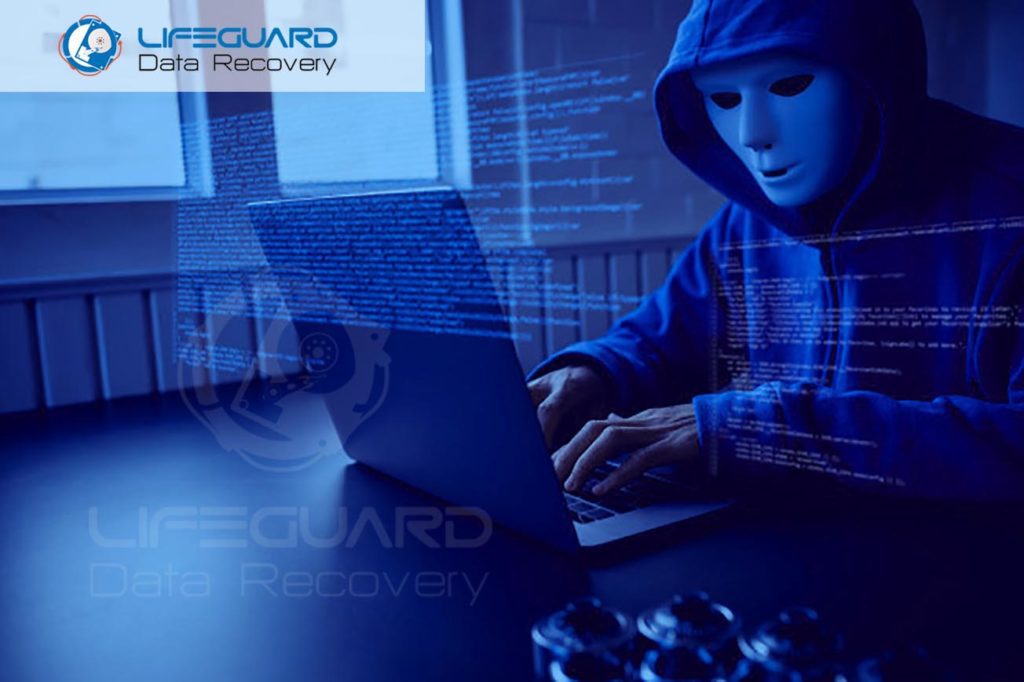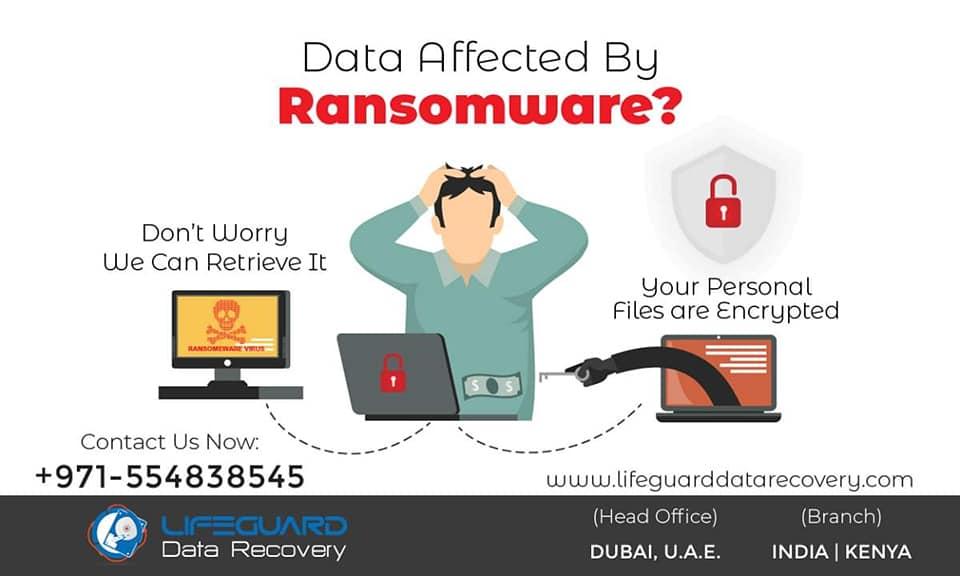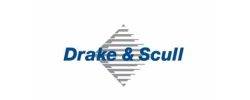
Ransomware Data Recovery Service in Dubai
LifeGuard Data Recovery provides the best ransomware data recovery service in Dubai, UAE.
What is a ransomware attack?
A ransomware attack is an unavoidable type of pernicious software works by infiltrating a casualty’s computer or gadget, encrypting the data, and demanding a payment for data access reclamation. Tragically, paying the payoff doesn’t necessarily in all cases guarantee recovery, making expert data recovery fundamental in these circumstances.
The Complexity of Ransomware Recovery Service
Recovering records after a ransomware assault is a challenging task that requires the expertise of expert data recovery-trained professionals. At Lifeguard Data Recovery, our seasoned experts have what it takes and high-level tools important to explore the intricacies of ransomware-infected systems.
Averting Ransomware Attacks: Fundamental Precautions
Cybercriminals exploit the productivity of ransomware, making it essential to take preventive measures to safeguard your data. While complete avoidance might be challenging, following these straightforward principles can upgrade your assurance against ransomware attacks.
Would it be a good idea for you to fall casualty, and go to us for dependable data recovery services?
Encrypted by Ransomware? Recover Files Here
Talk To Our Ransomware Data Recovery Expert in Dubai for Free Consultation
Kinds of Ransomware
Encryption Ransomware:
Encodes documents, demanding installment for the unscrambling key. Models include CryptoLocker, CryptoWall, and Locky.
Lock Screen Ransomware:
Locks the system, demanding instalment for unlocking. Models include Win locker or Police-themed ransomware.
MBR Ransomware:
Renders the Operating System unbootable by overwriting the Expert Boot Record. Models include Petya and Satana.
Android Mobile Gadget Ransomware:
Locks or takes data from mobile gadgets, demanding payment for unlocking or data return.

Signs of a ransomware attack
Recognizing indications of a ransomware assault is essential for quick action:
- New file names and expansions.
- Pop-up messages indicating encoded data and payment requests.
- Lethargic documents, applications, and antivirus software.
- Startling lockdown of your computer system.
- Responding to an Infection
What to Do incase of a Ransomware Attack?
If there should arise an occurrence of infection by Locky, CryptXXX, or CTB Storage, prompt action is basic:
Switch off your system:
Try not to run any ransomware or antivirus software manually.
Look for proficient help:
Contact Lifeguard Data Recovery for expert guidance.
Ransomware Spread Components
Ransomware frequently spreads through infections, leveraging weaknesses in different projects:
Phishing messages:
Malignant connections or links in seemingly authentic messages.
Removable media:
Cybercriminals leave infected gadgets out in the open spaces.
Downloads from malignant sites or advertisements:
Watchfulness is essential; download just from confided-in sources.
Social engineering:
Tricking clients into installing ransomware through misleading documents or links.
Protecting yourself requires carefulness and mindfulness, especially regarding dubious messages or links. Lifeguard Data Recovery is here to give quick and dependable data recovery services, ensuring the security and recovery of your significant information.
Some of the Ransomware Families
- WannaCry
- Cerber
- Thecus
- CryptMIC
- Crysis
- CryptoLocker
- TorrentLocker
- CryptoWall
- CTB-Locker
- Fusob
- ElasticSearch
- Encryptor RAAS
- Enigma
- HDDCryptor
- Jigsaw
- Reveton
- KeRanger
- LeChiffre
- Locky
- KillDisk
- KeyBTC
- KimcilWare
- Kirk
- Koolova
- Kovter
- Jaff
- JapanLocker
- JBoss Backdoors
- Jigsaw/CryptoHit
- TeslaCrypt
- ZCryptor



















